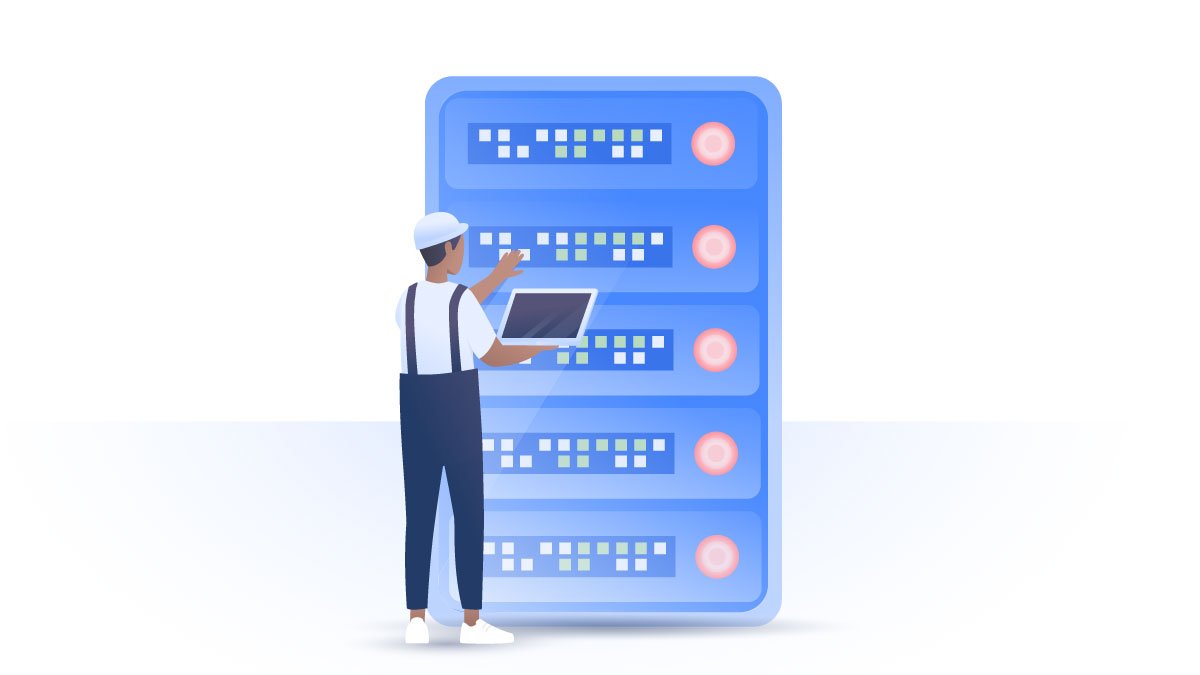What is SSH?
Secure Shell (or SSH) is a cryptographic protocol, which allows the secure use of network devices in an unsecured network. It uses the client-server principle and connects an SSH-supporting application to an SSH server.
SSH usually secures network services like command-lines, logins, and remote commands. Users employ the shell to access remote devices and execute commands there, but they can also use it for secure file transfer. You can access SSH by simply logging in to your SSH account to reach your data.
SSH uses public-key cryptography for authentication. It is a secure method where only users possessing a private key can access the data. In this way, your data is protected from unauthorized access.
What is an SSH tunnel?
An SSH tunnel is the encrypted tunnel created by an SSH protocol. By using this software-based approach, users can transfer unencrypted traffic over an encrypted channel, keeping the data protected.
Due to strong encryption, you can make an SSH client work as a SOCKS proxy. SOCKS is a protocol using a proxy server to route data packets from a server to a client. A proxy generates an arbitrary IP before your data reaches the destination. SOCKS uses proxies to form TCP and UDP protocol connections through IP addresses.
When you combine SOCKS with SSH, the traffic goes through the SOCKS proxy on your local system, and the SSH client routes it through an SSH tunnel, so your traffic appears to be coming from the SSH server.
What is VPN?
VPN stands for a virtual private network. It encrypts your traffic and routes it through a remote server, changing your IP location. It protects your online privacy, ensuring that nobody can intercept your traffic, snoop on your data, or see your geolocation by checking your IP.
It has become an essential tool for online security in corporate and private environments. VPNs are easy to use, and most premium services provide their users with top-notch encryption and privacy protection.
At first sight, SSH seems to be similar to VPN services, but there are differences.
SSH vs. VPN – which is more secure?
Let’s see which of the two is more secure.
SSH
Pros
- Easier to set up on a server level;
- Encrypts your data and can protect you from attacks like DNS or IP address spoofing, IP source rooting, and data theft;
- Easier hosting control. As SSH supports remote server control, webmasters prefer SSH as a way to manage accounts on web servers;
- Easy permission and password sharing management.
Cons
- Difficult to set up for inexperienced users;
- Encrypts applications rather than the whole traffic coming from your device. That means you have to configure each application separately for the SSH tunnel. A VPN, on the other hand, will automatically assure that all your traffic is encrypted so you don’t need to set up encryption for specific apps.
VPN
Pros
- A VPN automatically encrypts all the traffic coming from your device or the whole network (if you implement it on the router level);
- Premium VPN services allow you to easily choose a server from a wide range of locations worldwide. So you can easily change your virtual location by connecting to one of those;
- VPNs are accessible to inexperienced users. A good VPN can change your IP and encrypt your traffic with a single click. NordVPN also has the handy Quick Connect button, which automatically finds the best server for you;
- Legitimate companies operate premium VPNs, so there is more transparency, and you usually have customer service in case you need assistance.
Cons
- Harder to set up on a server level;
- Some free VPNs are unreliable. They can collect your data, pass it to advertisers or other third parties, and may not provide strong encryption.
Conclusion
While SSH tunneling has some benefits, a VPN clearly wins for an average user. Premium services like NordVPN offer high-quality encryption, accessibility, and a wide range of servers.
Secure yourself today and cover up to six devices with just one account!


